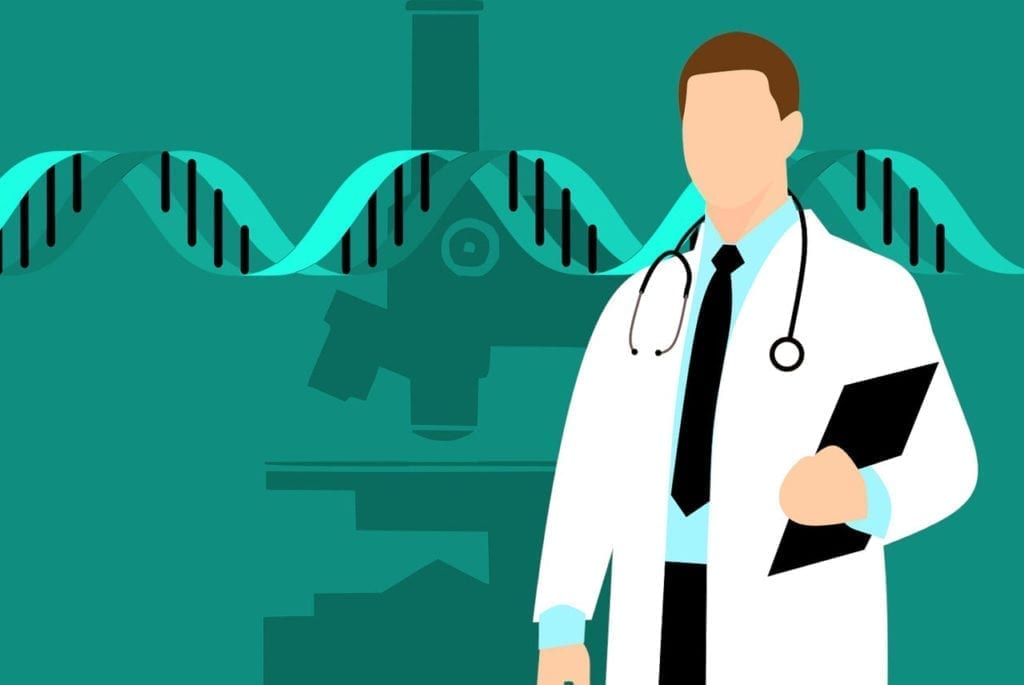According to a news release, researchers have found that cysteinase, a compound designed to treat a rare kidney stone disease, may also be effective in treating patients with pancreatic cancer. When researchers cut off the supply of an cysteine, an amino acid, to tumors, the pancreatic cancer cells began to die. Read the full research published in Science.
About Pancreatic Cancer
Pancreatic cancer is a type of cancer which occurs in the pancreas, an organ that sits behind the lower part of your stomach. Your pancreas is responsible for managing your blood sugar, as well as helping with digestion.
Patients with pancreatic cancer may have either exocrine pancreatic cancer, also called pancreatic adenocarcinoma, or pancreatic neuroendocrine tumors, or Islet cell tumors. The first is more common and occurs when cancerous cells form in the pancreatic ducts. The second is a rare form of pancreatic cancer and occurs in the neuroendocrine pancreatic cells, which produce hormones.
Symptoms include diabetes, weight loss, jaundice, blood clots, and loss of appetite. However, many patients do not experience symptoms until the condition has progressed.
There are four stages of pancreatic cancer. In stage I, it is only in the pancreas and could be removed via surgery. In stage II, the cancer has progressed and spread. It is most likely now in nearby organs, lymph nodes, or tissue. If caught during stage II, surgical removal may be possible. In stage III, the cancer has spread to major blood vessels and surgery may not be an option. In stage IV, cancer has spread away from the pancreas to organs like the liver and lungs. Surgery is no longer an option.
Learn more about pancreatic cancer here.
Cysteinase Studies
Researchers were seeking a potential treatment for pancreatic cancer. Although some treatments include chemotherapy or surgery, Dr. Kenneth P. Olive, PhD, notes that:
“Pancreatic cancer is a uniquely lethal disease, with an average survival rate of just six months after diagnosis. We’re in desperate need of new treatments.”
Pancreatic tumors survive in the body through the usage of cysteine, a non-essential amino acid that plays a role in immune function. The over-production of oxidants normally causes healthy cell death. However, cysteine helps the pancreatic tumors to detoxify these oxidants, allowing the tumors to continue to grow.
Researchers questioned whether preventing cancerous cells from using cysteine would prevent the growth of tumors. In mice models of pancreatic cancer, researchers stopped the gene that allows tumors to import cysteine. They found that this not only prevented tumor growth, but doubled survival for the mice.
Next, they treated the mice models with cysteinase. This experimental drug therapy was designed to treat patients with cystinuria. They found that cysteinase prevented tumor growth in mice. When adding cysteinase to a tissue culture of human pancreatic cancer cells, researchers saw cell death. However, the cysteinase did not harm healthy tissue.
Cystinuria
Cystinuria is a rare genetic disorder that occurs when cysteine builds up in the bladder and kidneys. Normally, cysteine is filtered back into the bloodstream. But patients with cystinuria have cysteine accumulate in urine. These buildups form kidney stones, block the urinary tract, and may lead to infection. Learn more about cystinuria.
The Future of Pancreatic Cancer Treatment
By starving cancer cells of cysteine, researchers induced the process of ferroptosis, in which cells die based on oxidative damage. It occurs after lipid peroxidation, where free radical cells add unsaturated fatty acids to cell membranes.
While ferroptosis has been seen to cause cell death in neurodegenerative diseases like Alzheimer’s or Parkinson’s disease, its tumor-preventing mechanisms might be harnessed for good. While there is still much research to be done, this study does look promising for future treatment, especially if combined with other therapies.






